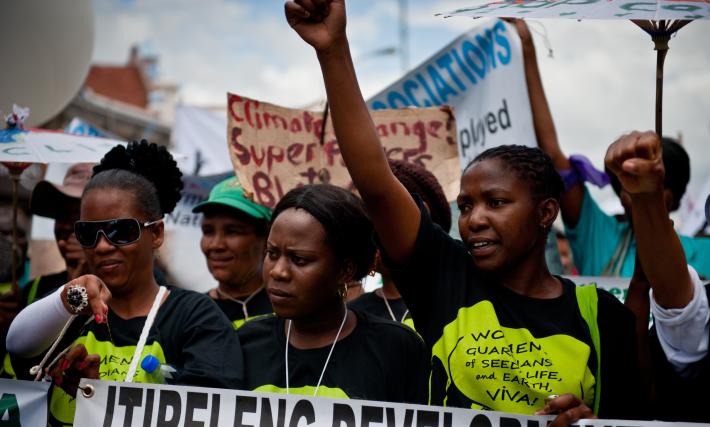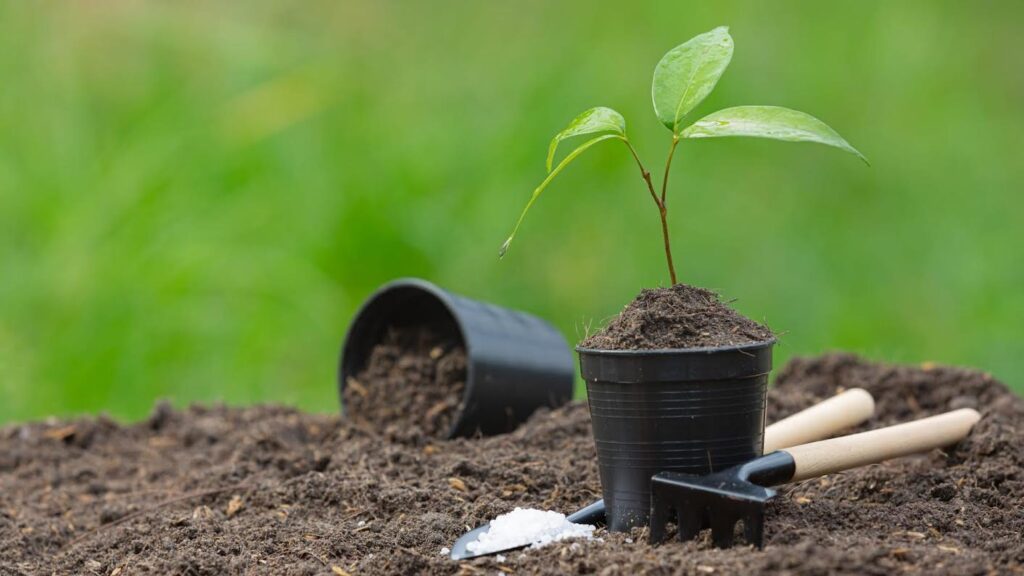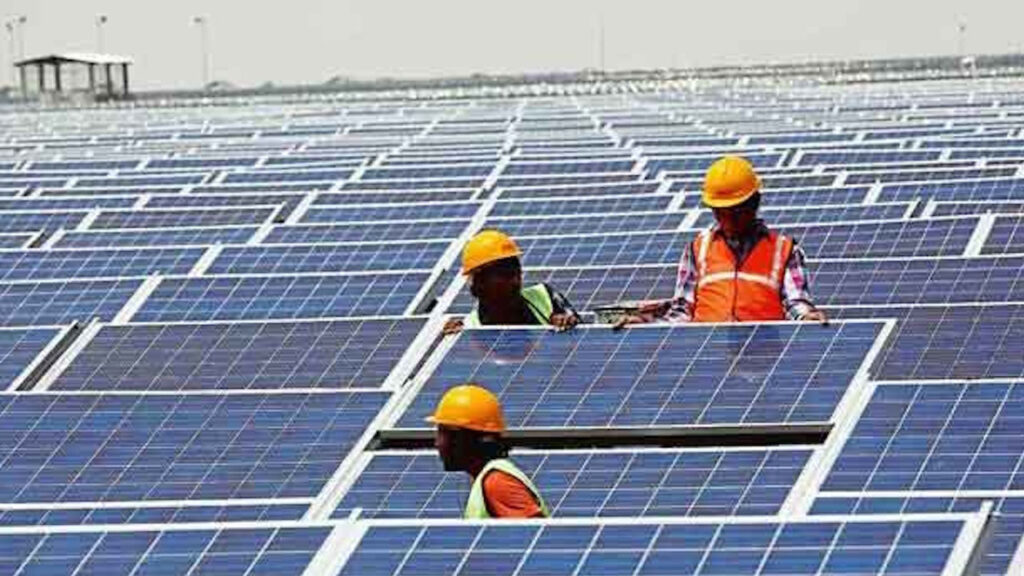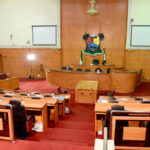
The Lagos State government has reinforced the need for stakeholders’ collaboration and behavioural change among citizens to reduce climate change effects.
The government made this known through its Waste Management Authority (LAWMA) and state’s Office of Climate Change and Circular Economy (OCCE) and revealed plans to institutionalise circular economy and advocacy as strategies to limit the threat posed by climate change in the state.
With an estimated 21 million residents, many of the people live in informal settlements, which make them highly vulnerable to the impacts of climate change.The Lagos State Adaptation and Resilience Plan (LCARP) estimates that climate inaction would cost the state $29 billion, which is 11 times above the state’s 2022 budget.
Speaking at a meeting between the management of LAWMA and OCCE, the Managing Director, LAWMA, Dr Muyiwa Gbadegesin, said circular economy is one of the sustainable ways of addressing the increasing impact of climate change on the environment, humans and the economy of the state.
He noted that climate change is scientific, adding that stakeholders must continue to look for ways to simplify it, through the circular economy approach.
He welcomed the collaboration from OCCE, saying that it would accelerate the required behavioural change among residents as LAWMA programmes are designed to increase awareness and education.
The Special Adviser to Lagos Governor, Babajide Sanwo-Olu, on Climate Change and Circular Economy, Mrs Titi Oshodi, lauded the LAWMA for the warm reception and open arms for collaboration.
Oshodi explained that the goal of OCCE is to collaborate with players in the climate and circular economy ecosystem to achieve the governor’s vision of a zero-carbon Lagos by 2050.
She said: “The threat that climate change is one that no single person or institution can solve the problem. If it threatens us all, we must work together to tackle it. This visit is in the spirit of driving a collective front to face a common challenge. Energy, waste, and transportation are three sectors with the highest emitters of greenhouse gas in Lagos. So, we plan to work with all stakeholders within the sectors to drive advocacy and explore the economic opportunities.
“If we must address the issue of climate change and the threat it poses, solid waste is fundamental. And we are extremely excited about the nods we have from the leadership of LAWMA.”













